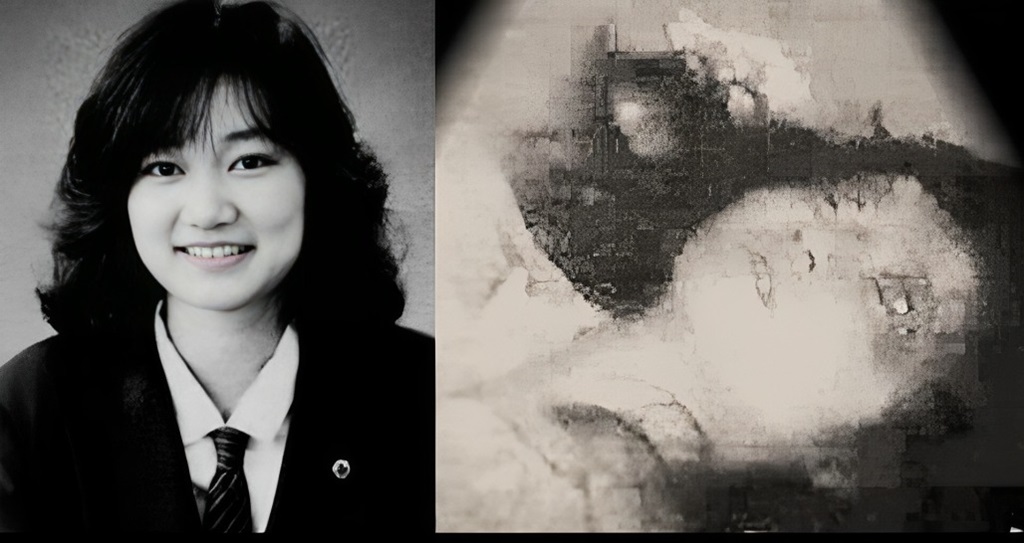["We Did Not Find Results For:","Check Spelling Or Type A New Query.","We Did Not Find Results For:","Check Spelling Or Type A New Query.","We Did Not Find Results For:","Check Spelling Or Type A New Query.","We Did Not Find Results For:","Check Spelling Or Type A New Query."]
Is it possible to build something from nothing? The frustrating, repetitive message, "We did not find results for:" paints a stark picture of information scarcity, a digital echo chamber where searches fail, and answers remain elusive. This recurring phrase, a digital ghost in the machine, speaks to a problem that festers beneath the surface of the internet's vast promise the limitations of our search capabilities and the fragmentation of information itself.
The relentless repetition, the stark "Check spelling or type a new query," is a constant reminder of the fragility of our access to knowledge. It's a digital shrug, an admission of defeat from algorithms that are designed to connect us, yet often leave us adrift in a sea of unindexed data. It signifies a failure to bridge the gap between the questions we pose and the answers we seek. This absence of results, this persistent void, is not merely an inconvenience; its a symptom of a deeper problem: the increasingly siloed nature of information and the evolving challenges of accessing accurate, relevant, and readily available data in a complex, ever-changing digital landscape. The very foundation upon which we build our understanding of the world seems to be riddled with gaps and inconsistencies, demanding a re-evaluation of how we seek knowledge and process information. The silence from the digital realm forces us to confront the limitations of the systems we rely on, encouraging us to critically assess our reliance on online search and consider alternative methods of information retrieval.
The underlying issue, hinted at by the recurring phrases, is that information is not uniformly accessible. Some data is locked behind paywalls, obscured by proprietary algorithms, or simply not digitized. This fragmented landscape underscores the need for more robust and inclusive search methodologies, as well as a renewed emphasis on open access to knowledge, allowing for broader, more comprehensive research capabilities. The very nature of the internet, once a symbol of global interconnectedness, is now marked by a patchwork of information silos, posing a critical challenge to those who seek clarity and understanding in the face of such scattered data.
The "We did not find results for:" message serves as a mirror, reflecting back at us the incomplete state of our digital resources. It should spur both reflection and action the need for enhanced search technologies, for better data indexing, and for a collective commitment to make information more accessible, reliable, and, ultimately, more useful. It's a call to action; a signal that there is work to be done, that the digital frontier is still being explored and that we have a responsibility to actively shape the future of information retrieval.
The message is a challenge, a demand to not only improve our search capabilities but also to reconsider the manner in which we seek out and construct knowledge. The very existence of this error message prompts us to question our reliance on singular search engines, and contemplate the possibilities of a more diverse and democratized information ecosystem. This prompts a broader conversation concerning the structures of information, access, and the responsibilities of both creators and consumers in this evolving digital age.
The implications extend beyond simple search queries. The lack of results can undermine investigative journalism, scientific research, and even personal curiosity. It highlights the ethical implications of the digital age, where algorithms and data manipulation can influence the information we access, thereby shaping our perceptions of the world. It underscores the need for transparency and accountability in the way information is created, distributed, and searched.
The "Check spelling or type a new query" segment is an additional layer of frustration. The suggestion that a simple spelling error can derail a search is a reminder of the limitations of these information-retrieval tools, emphasizing that the search process is not always easy or fault-proof. It encourages us to become more diligent in our searches and emphasizes the importance of refining our search strategies. Effective information retrieval requires precision, but it also requires a critical awareness of the limitations of the tools we employ.
Considering the broader context of this error message, we see that it's not merely a technical glitch, but a representation of deeper, more fundamental challenges within the digital landscape. It highlights the necessity of information literacy, the capability to efficiently and effectively locate, evaluate, and use information. This message, and its repeated occurrence, serves as a catalyst for a critical exploration of our relationship with knowledge in the 21st century.
The persistent lack of results demands critical thinking. It's a prompt to evaluate the source, authenticity, and comprehensiveness of the information available. It reminds us that the digital world mirrors the complexities of the real world, and that information is not always easy to find, or accurate when we find it. The "We did not find results for:" experience demands a more active role in the process of gaining knowledge. It necessitates an awareness of our responsibility for questioning and verifying information, and a keen awareness of the limitations of our digital tools.
The ongoing challenge of obtaining comprehensive results in an online search underscores the necessity of adapting our approach to information retrieval. This involves adopting a more proactive methodology, considering multiple sources and employing critical evaluation skills. The digital era presents opportunities and challenges: the sheer volume of information is unprecedented, yet access and accuracy remain ongoing concerns. The "We did not find results for:" error is a catalyst for exploring how we can navigate this complex landscape and strive for a better, more informed approach to gathering knowledge.
The "Check spelling or type a new query" suggestion should not be merely a step to correct an input, but instead a pathway to reassess the search query and its potential shortcomings. This means considering alternative keywords, rephrasing the question, and recognizing that the initial search query may not be sufficient to capture the desired information. The ability to refine a query becomes a crucial skill, prompting us to develop more nuanced methods of formulating questions. This process can also lead to unforeseen insights, offering us the opportunity to broaden our understanding of the search process and its potential.
The underlying premise is that the current model of information retrieval is far from perfect. The limitations of search engines in this context highlight the need for more sophisticated search capabilities. It also underscores the importance of other methods of information gathering, such as expert consultation, archival research, and analysis of credible sources. The message we receive from these failed search results is not just an error message, it's a call to action, urging us to innovate and evolve in the quest for knowledge.
The message serves as a reminder that not all knowledge is readily accessible. A significant amount of information remains hidden, unindexed, or simply unavailable to general search engines. The limitations present within the current systems serve as an encouragement to explore and adapt our methods of information seeking, embracing a more multifaceted approach to knowledge gathering. The digital realm and its limitations pose an evolving challenge for understanding and accessing information, and this must be approached with both technological innovation and critical awareness.
The message suggests a need for continuous improvement and a more user-centered approach to the design and use of search technologies. This also provides a foundation for emphasizing the importance of a continuous effort to build better systems. The "We did not find results for:" prompts us to recognize the complexity of our information landscape, emphasizing the need for critical thinking, innovative approaches, and an ongoing effort to make information accessible, reliable, and ultimately, useful.

Junko Furuta Parents Father Akira Furuta And Mother

Junko Furuta The Tragic Story that Shocked Japan

On November 25, 1988, Junko Furuta was riding her bike from work when she was abducted by